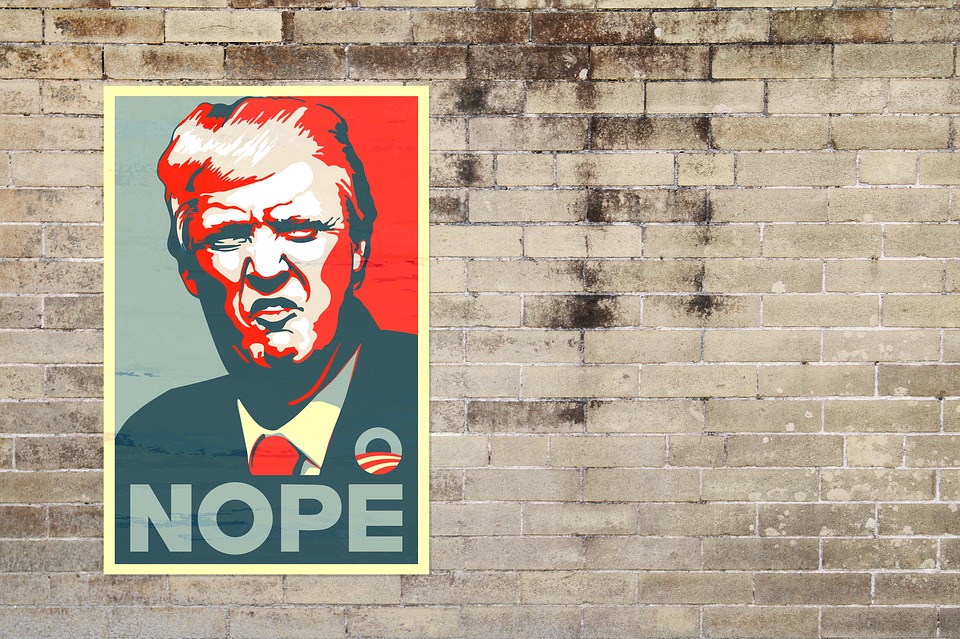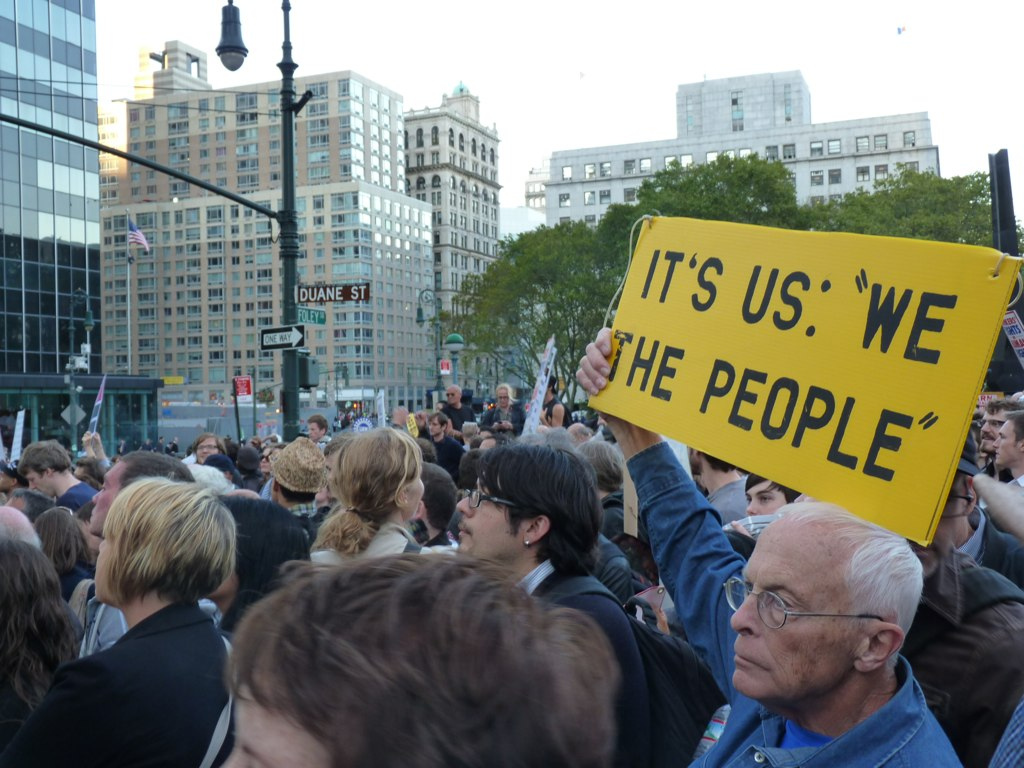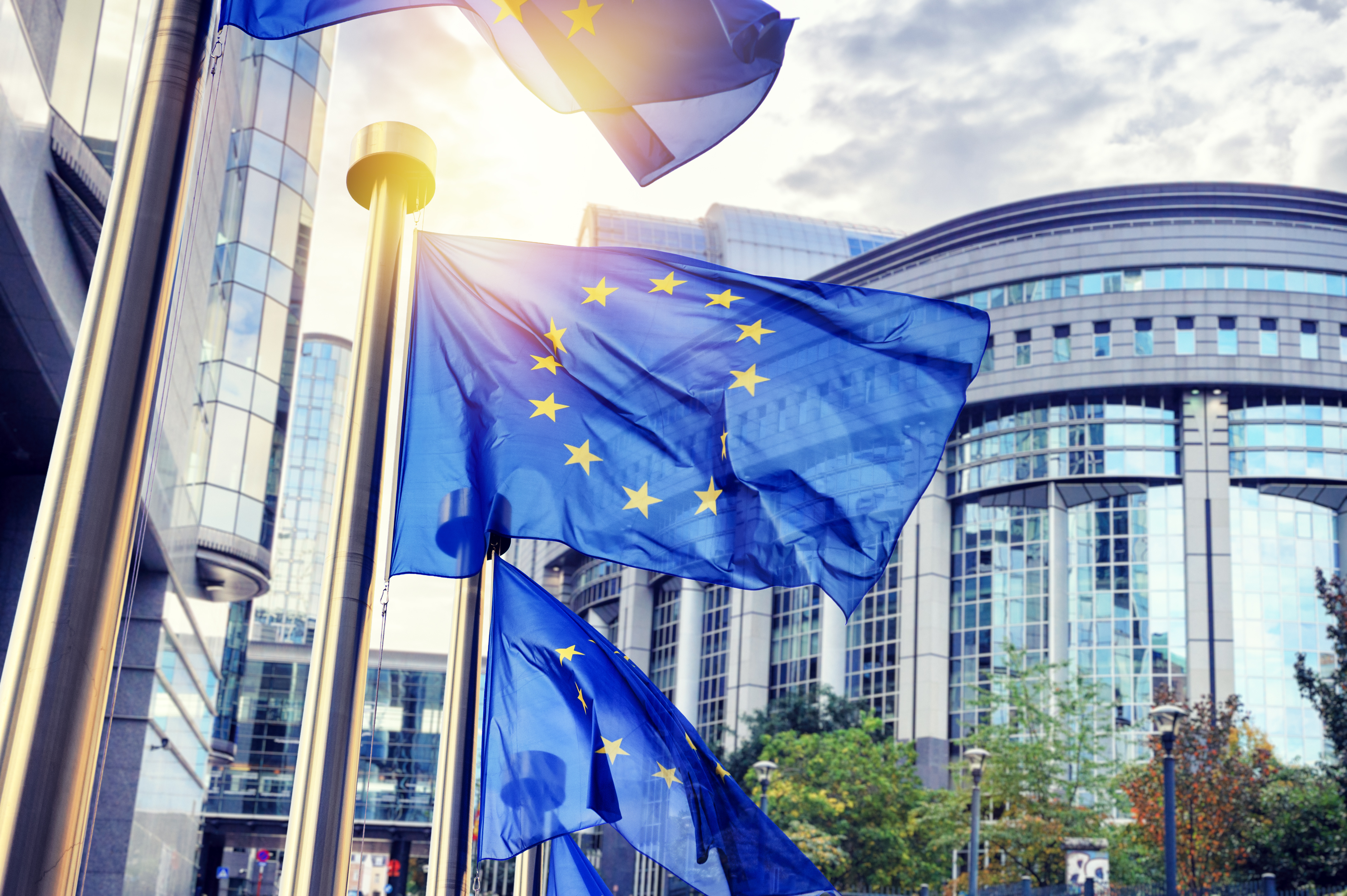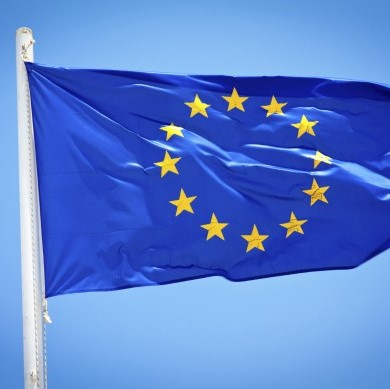Latest blog articles
-
What we witness now shows resemblances with the new Turkish and the Russian presidential model: the president has executive powers but is also largely supported by his parliament, banning or disabling the effect of balances of power through their checks and balances.
-
When Trump tweeted "See you in Court, the security of our nation is at stake" he was absolutely right, but not as he intended it to mean. Because yes, courts are essential for the security of (the citizens of) the state.
-
It is not that listening to the electorate is wrong. It is not wrong either to build a campaign on perceived wishes of the electorate. Trying to win an electoral campaign either, is wrong.
-
May the US President appoint his son in law as advisor to the White House? For quite a lot formal appointments the President needs the advice and consent (permission) from the senate, but not here. Is it permissible?
-
What exactly are the legal instruments for the EU according the measures that have been introduced recently with regard to the constitutional court and in terms of the media law. This article is only available in Dutch.
-
Legitimacy in the political sense can be defined as an inquiry into the justification for the exercise of public authority. Or put differently: it is the reason why I, being part of society, should accept laws and regulations that bind me.
-
The day after the “Brexit”-referendum, with a majority of 51.9% voting to leave the European Union, some speak of the success of democracy (“the people have spoken”). Already, there are calls for referenda in other countries to let the people speak there, too. This suggests that independently of our...
-
-
After months of negotiations between Greece, the International Monetary Fund (IMF), the European Central Bank (ECB) and the European Union (EU), which acuminated in an overwhelming amount of over 60% of “no”-votes by the Greek citizens to the reforms attached to the second Greek bailout programme...
-
The EU´s budget is complicated. It is complex. And it is critically scrutinised by Member States. It has been the source of political debate and disagreement in the past decades and it still is today. Most recently, the issue was high on the agenda. In late 2014, the European Commission claimed supp...









